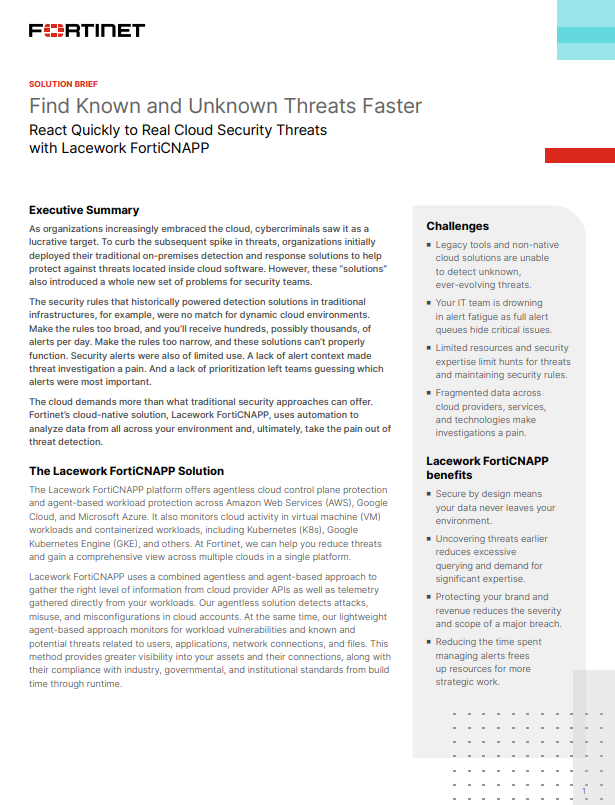Facebook unveils London tech hub for UK engineers
Social networking giant formally opens central London engineering centre to help boost the development of its mobile platforms.

Facebook has taken the wraps off its first UK engineering hub, which will partly focus on the development of products that provide its members with a better mobile user experience.
The social networking giant's new engineering centre in Covent Garden, London, has approximately 20 engineers, 12 of which have been brought over from the US.
The centre is the first engineering hub the firm has opened outside of the US, where it has similar sites in New York and Seattle.
We provide a free product that people are under no obligation to use, so we need to add value to them.
Speaking at the London launch earlier today, Phillip Su, head of the UK engineering, said his team will focus on developing new mobile, platform and machine learning products.
On the mobile side of things, Su said part of the group's work will centre on "server-side enhancements" that will improve the overall Facebook user experience.
"Everyone of you knows Facebook can make great improvements in [the] responsiveness of its mobile applications...only half of that problem comes from the client-side application," said Su.
Get the ITPro daily newsletter
Sign up today and you will receive a free copy of our Future Focus 2025 report - the leading guidance on AI, cybersecurity and other IT challenges as per 700+ senior executives
"We're [also working on] reducing net latency...and being much more conservative with the bandwidth we consume."
Making Facebook apps less of drain on the battery life of Android devices is also a priority for Su, because Facebook is often "the most used thing on your phone", he explained.
"Power consumption of the Facebook application is arguably the biggest question when it comes to worldwide use on mobile devices," he added.
Speaking at the event, Mike Schroepfer, vice president of infrastructure at Facebook, said delivering a great mobile experience for end users is important because they have limited time and attention.
"We provide a free product that people are under no obligation to use, so our primary aim is to add value to you so you use our products," said Schroepfer.
He also admitted that Facebook mobile users had expressed disappointment at the quality of the experience in the past, because it did not provide them with the "performance and polish" people expect from the brand.
"If you look at the history of our approach to mobile on these things, it started with just getting a Facebook experience on a mobile device," said Schroepfer.
"We invested a lot in web technologies because it was a way to [deliver] an experience to all those devices and we used the same technique for smartphones very quickly...and we have started to explore and improve that."
-
 Meta to pay $725 million in Cambridge Analytica lawsuit settlement
Meta to pay $725 million in Cambridge Analytica lawsuit settlementNews The settlement closes the long-running lawsuit into how Facebook's owner, Meta, handled the Cambridge Analytica scandal
By Ross Kelly
-
 Meta's earnings are 'cause for concern' and 2023 looks even bleaker
Meta's earnings are 'cause for concern' and 2023 looks even bleakerAnalysis Calls for investor faith in metaverse tech only emphasise the worries that its investment strategy won't pay off
By Rory Bathgate
-
 Microsoft and Meta announce integration deal between Teams and Workplace
Microsoft and Meta announce integration deal between Teams and WorkplaceNews Features from both business collaboration platforms will be available to users without having to switch apps
By Connor Jones
-
 Facebook is shutting down its controversial facial recognition system
Facebook is shutting down its controversial facial recognition systemNews The move will see more than a billion facial templates removed from Facebook's records amid a push for more private applications of the technology
By Connor Jones
-
 'Changing name to Meat': Industry reacts to Facebook's Meta rebrand
'Changing name to Meat': Industry reacts to Facebook's Meta rebrandNews The rebrand attempts to provide a clearer distinction between Facebook and its umbrella company
By Connor Jones
-
 Facebook's Oversight Board demands more transparency
Facebook's Oversight Board demands more transparencyNews Board bashed the social media giant for its preferential treatment of certain high-profile accounts
By Danny Bradbury
-
 Facebook claims AI managed to reduce hate speech by 50%
Facebook claims AI managed to reduce hate speech by 50%News The social media platform has hit back at claims the tech it uses to fight hate speech is inadequate
By Sabina Weston
-
 Facebook to hire 10,000 workers across the EU
Facebook to hire 10,000 workers across the EUNews The high-skilled jobs drive is a “vote of confidence” in the European tech industry
By Jane McCallion

